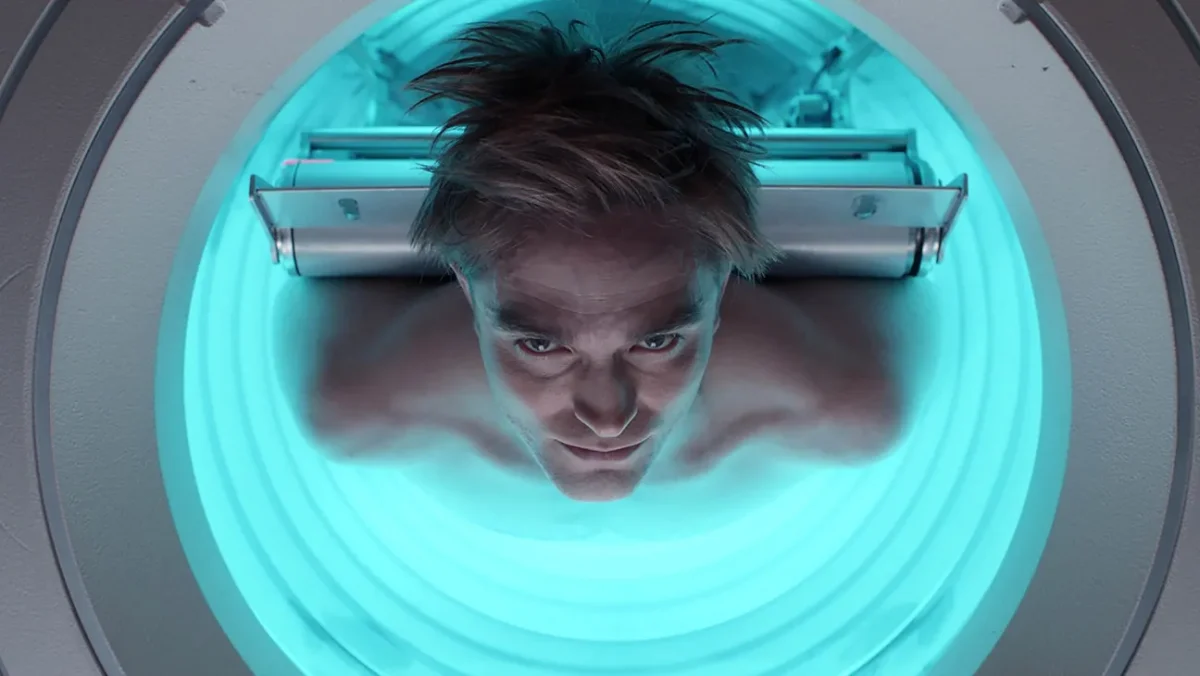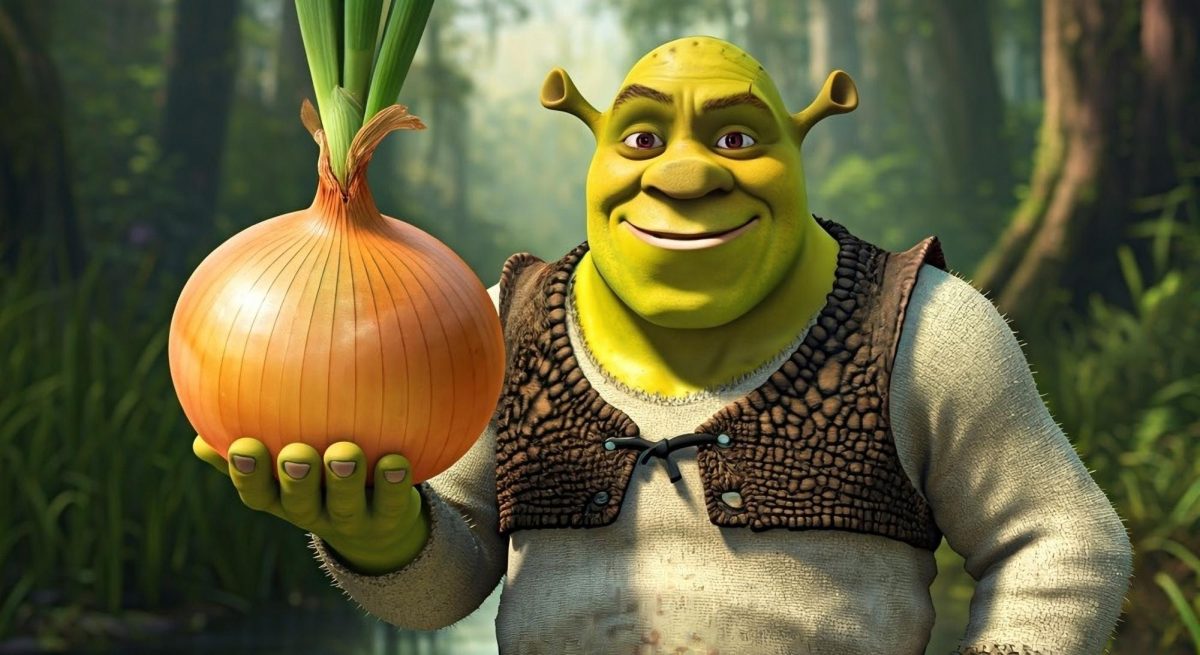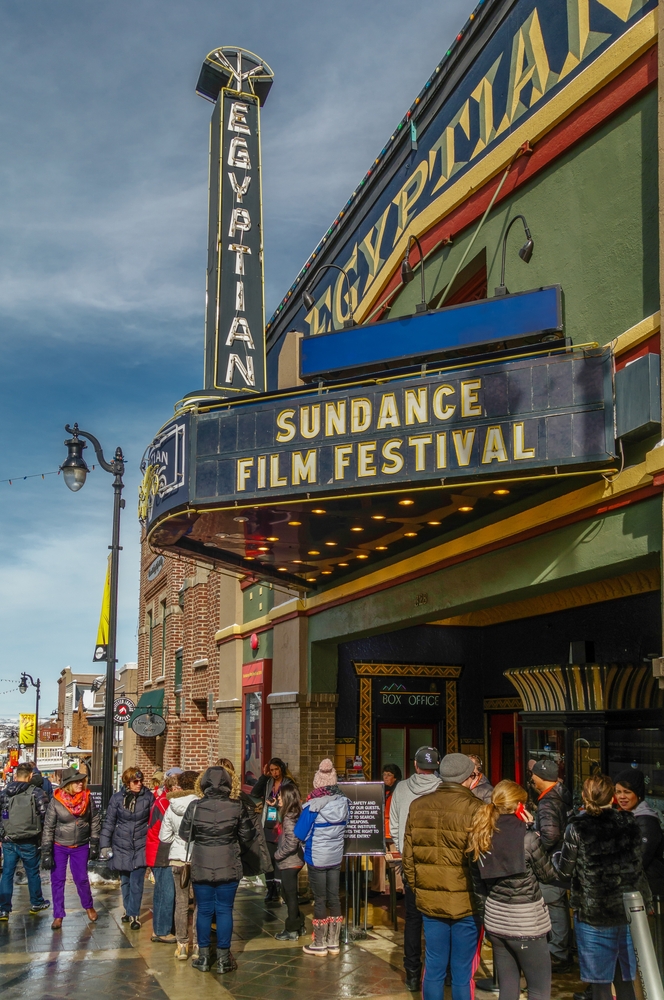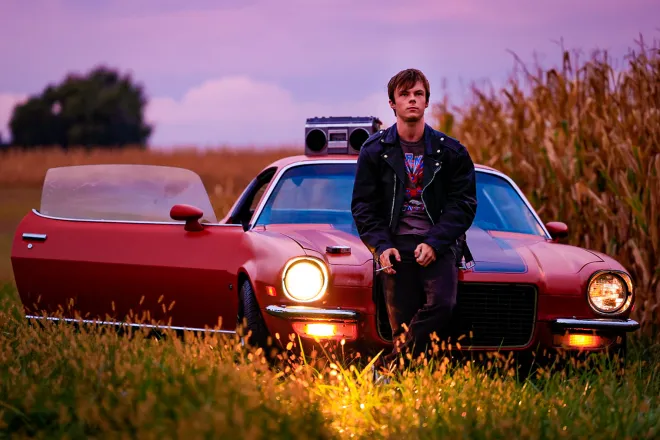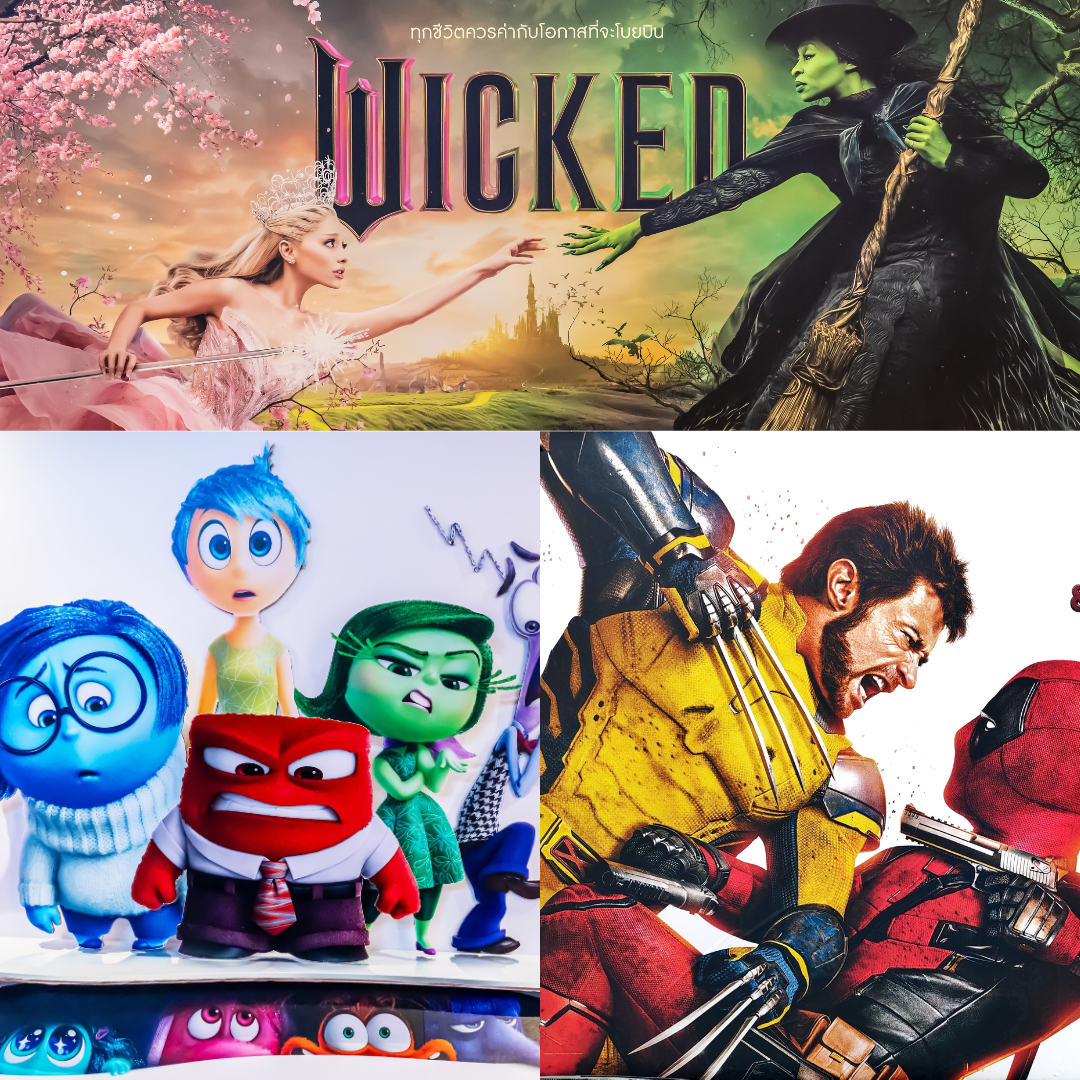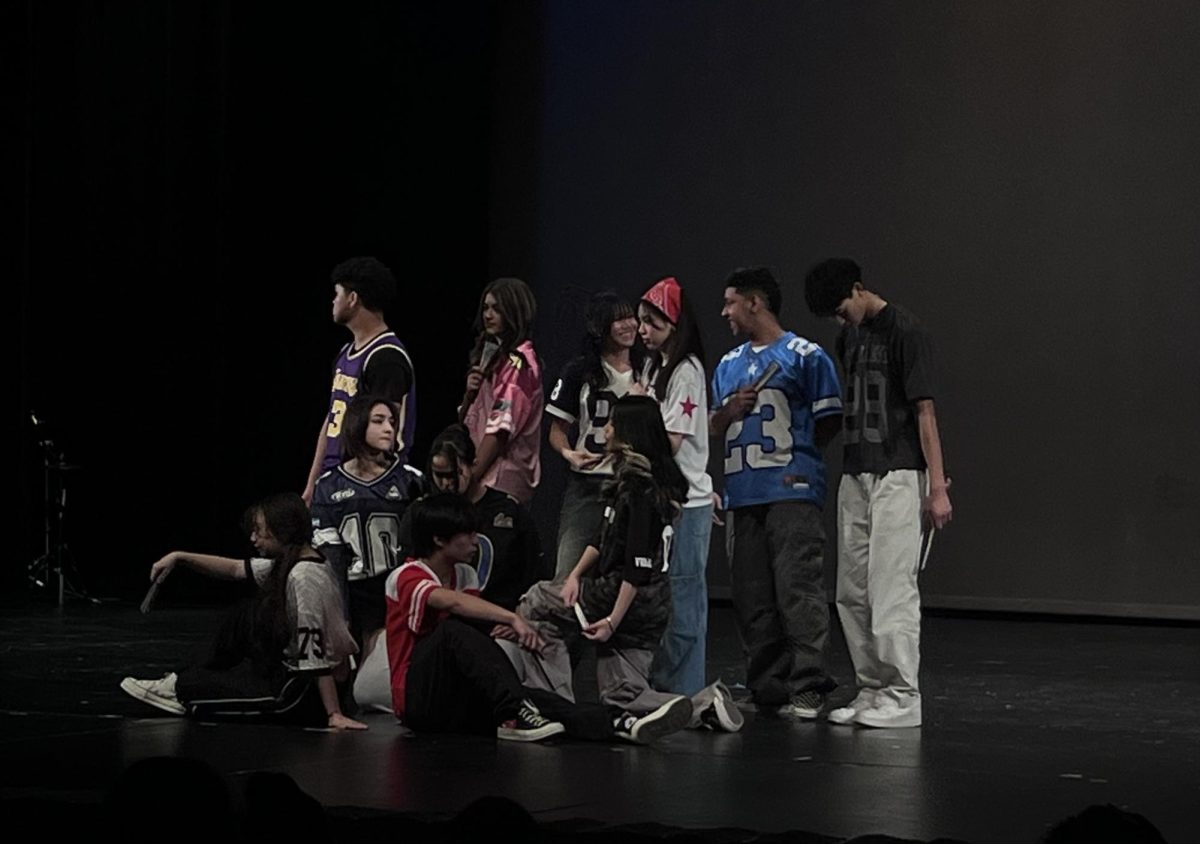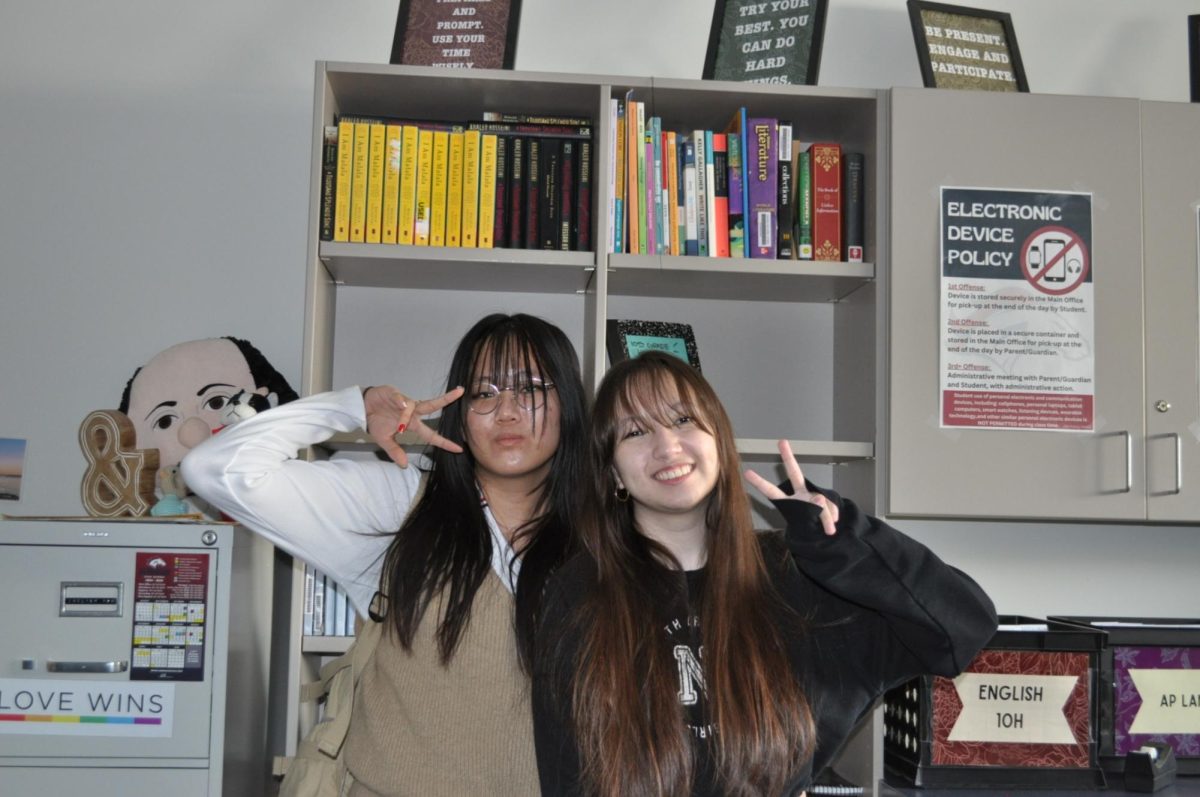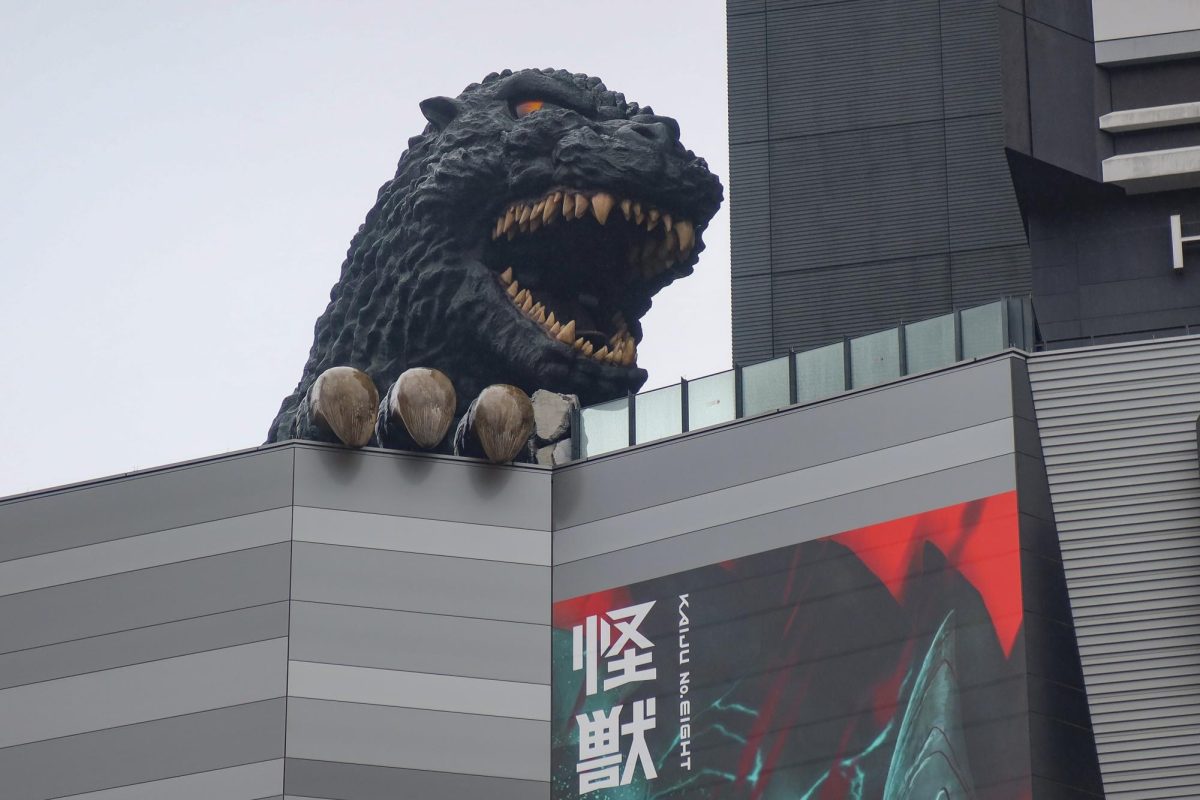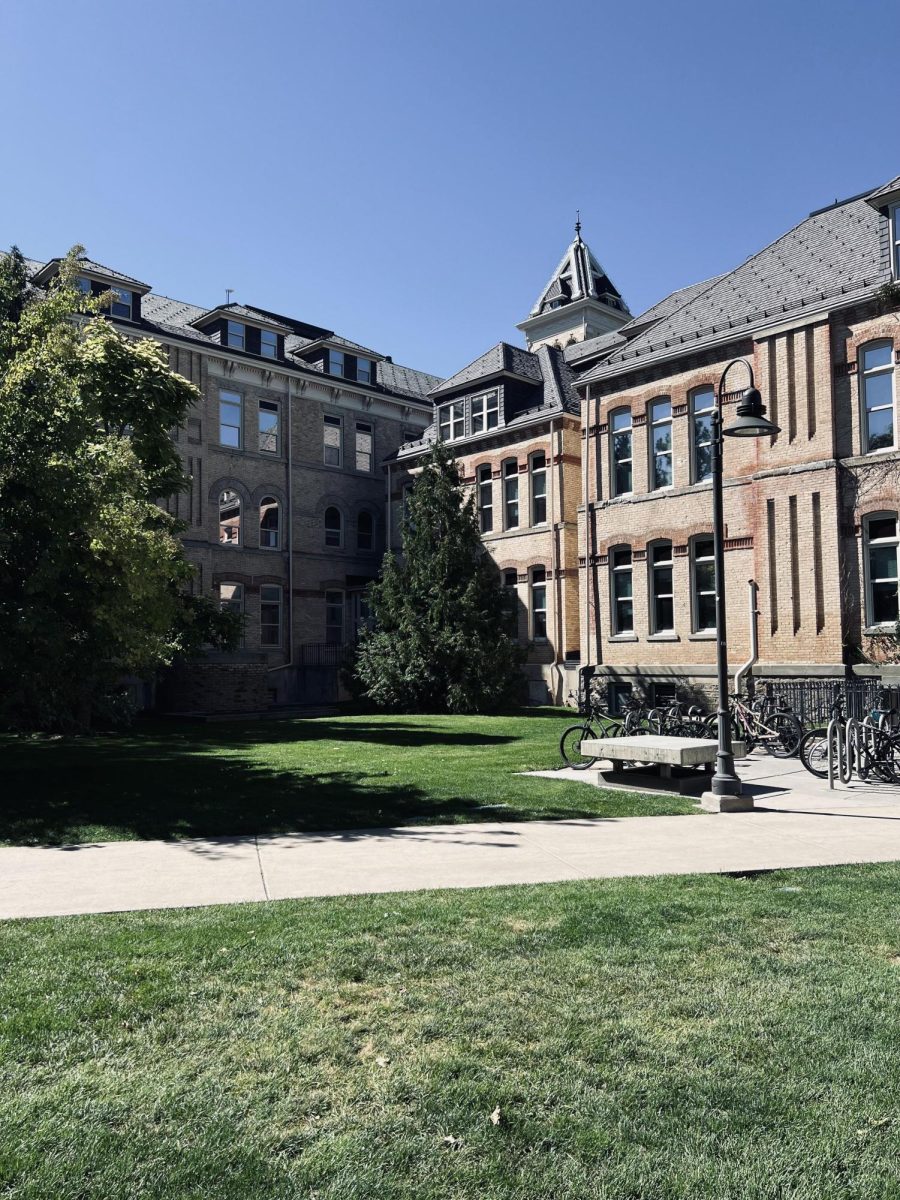On Feb. 9, 2020, Director Bong Joon Ho won Best Picture for his 2019 work, “Parasite”, at the 92nd Oscars ceremony becoming the first South Korean film not just to win but also to be nominated for the category. Among the Best Picture award, “Parasite” also took home Best Original Screenplay, Best International Feature Film, and Best Director going four for six in the categories it was nominated for. Outside of the eyes of awards ceremonies, “Parasite” gained critical acclaim from fans all over the world, grossing roughly $258 million at the box office. For many in the United States, it had been a first look into international film, bridging the gap between American and Asian cinema. Additionally, the film’s strong themes of family and class deeply resonated with audiences regardless of their cultural upbringing.
Despite assuring fans that his time as a director would not end with his Oscar-winning-work, for roughly the next two years, news surrounding Bong Joon Ho’s next film would remain relatively dry; aside from a handful of projects alluded to, but largely stuck within the early stages of development. Finally in early 2022, Bong Joon Ho would break the silence surrounding his filmmaking career, announcing “Mickey 17”, a loose film adaptation of Edward Ashton’s novel, “Mickey 7”.
Needless to say, the pressures riding on the project for the 55-year-old Korean director were high. Making things even worse were production issues that pushed back the film’s scheduled release from Mar. 29, 2024 for nearly an entire year. Production eventually pulled through and “Mickey 17” hit theaters on Mar. 7, 2025. But did it live up to its expectations? Let’s take a look.
“Mickey 17” is a gorgeously crafted sci-fi film that follows the life of Mickey Barnes, played by Robert Pattinson, as he, along with a crew of scientists, settlers, and an authoritarian political power couple, embark upon the colonization of a foreign ice planet called Niflheim. The twist is that Mickey signed on to the mission as an “expendable” which means that he is delegated to tasks that are deemed too dangerous for his fellow settlers, with the promise that when he dies—which happens more often than you’d think—he’ll be cloned and his memories will be transferred into a new body. This concept alone is enough to drive a good film, but it becomes even more interesting when complications arise in the cloning process that result in a case of multiples: duplicate Mickeys. From then on the Mickeys have to navigate their lives as doppelgangers all the while keeping their multiplicity a secret from the colonies’ head dictatorial pair: Kenneth Marshall played by Mark Ruffalo, and Ylfa Marshall played by Toni Collette.
I found this aspect of the film very charming and in large part due to Robert Pattinson’s performance as the two Mickeys. Mickey 17, the variation that the majority of the film focuses on, is shy, good-natured, and at times naive in stark contrast to his successor, Mickey 18, who fits into a more aggressive and a rule breaker stereotype. Pattinson is able to channel these differences giving two vastly different performances that compliment each other quite well, keeping the film light and funny while maintaining a critical stance on the ethics of Niflheim’s intricate political scene. “Oldboy” director, Park Chan Wook puts it best with a playful comment online reading, “To the Academy members, please give Robert Pattinson the Best Actor and Best Supporting Actor awards.”
Performances aren’t the only thing that “Mickey 17” has going for it though. Another highlight of my viewing experience was the production design of the film. The sets in particular were breathtaking. The bulk of the film—shot inside the colonies’ spacecraft—is bleak and industrial. The unfeeling aesthetics of the scenery are masterfully used to highlight contrast between characters and their environment often to address class conflict. This is a visual concept explored similarly in much of Joon Ho’s earlier work including “Parasite”, as mentioned before, but also in Snowpiercer, so if you’re a fan of either of those films expect to gauge a similar vibe from “Mickey 17’s” mise en scène.
Despite these strong elements, “Mickey 17” does have its shortcomings. My biggest bone to pick with Joon Ho’s latest was that it doesn’t quite stick the landing. Without spoiling anything, I felt as though “Mickey 17’s” ending was too neat. This is especially disappointing because I’ve typically been able to resonate quite deeply with the endings of some of Bong’s other films—look no further than “Parasite”…talk about a haunting resolution. However, “Mickey 17’s” ending is a minor miss when looking at the film in a broader lens.
With that said, I’d give “Mickey 17” a four out of five star rating. Movies where directors are so clearly able to express themselves are somewhat rare nowadays, so it’s refreshing to see it done in such powerful and time-relevant ways. Even if the sci-fi genre is not typically your thing, I would consider seeing this one in theatres. Especially if it means supporting similar works from Bong Joon Ho in the future.



